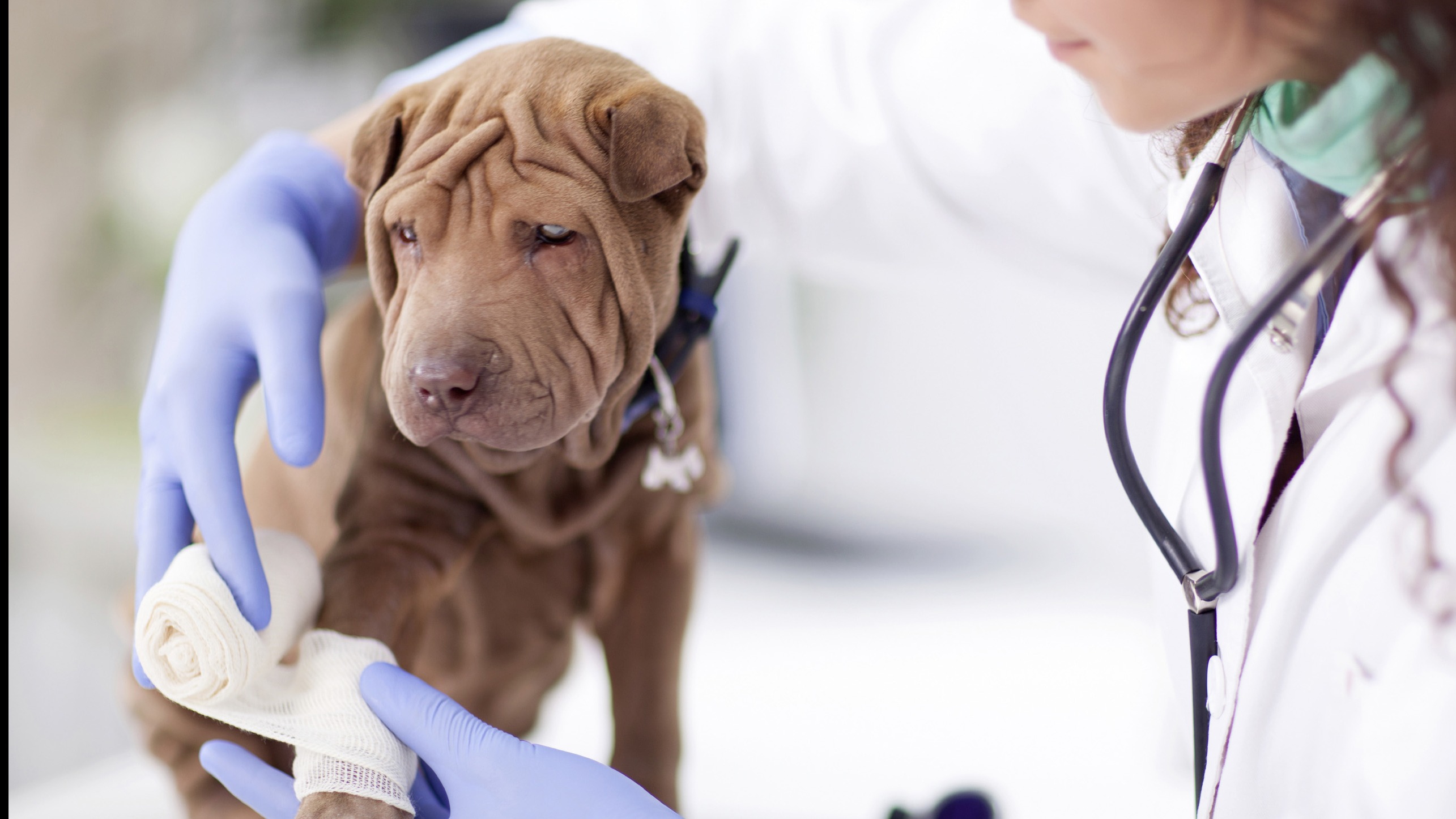
Understanding Avian Influenza: An Overview
The term "bird flu" refers to a group of influenza viruses that primarily affect birds but can also infect other species, including dogs. Avian influenza has been known since the late 1990s and circulates among wild birds, particularly waterfowl. The virus mutates quickly, leading to the emergence of new strains that can be more lethal, such as the highly pathogenic avian influenza (HPAI) H5N1 strain, which has garnered attention due to rising mortality rates among bird populations.
The Rising Concern: How Bird Flu Affects Your Dog
Dog owners should be particularly cautious, especially those with hunting dogs that may interact with wild birds. Dogs are at risk of contracting the virus if they come into contact with sick or dead birds. Instances of avian influenza have been reported in dogs after they consumed infected wild birds or contaminated substances, reminding us of the importance of vigilance when out with our furry companions.
Key Symptoms to Watch For
In both dogs and cats, recognizing the signs of respiratory illnesses is crucial. Symptoms of avian influenza in dogs can include lethargy, decreased appetite, and respiratory distress. If your dog shows any signs, it’s imperative to contact your veterinarian immediately. The guide from the American Veterinary Medical Association outlines essential signs such as fever, difficulty breathing, and discharge from the eyes or nose. Being proactive can help catch any potential illness before it escalates.
How to Keep Your Dog Safe from Bird Flu
Precaution is key to ensuring your dog remains healthy amid concerns about avian influenza. Here are a few strategies to minimize risk:
Keep your dog on a leash and away from dead birds or areas with reported infections.
Avoid allowing your dog to scavenge or eat anything they find during walks, as this can expose them to potential pathogens.
Regularly update vaccinations and consult your veterinarian on any new outbreaks in your area.
Why Monitoring Outbreaks Matters
Staying informed about avian influenza outbreaks is essential for the health of both pets and their owners. With conditions constantly evolving, it’s crucial to rely on trusted resources such as local veterinary societies and health departments to keep up to date. Being aware of the environments you expose your dog to—especially in times of increased reported cases—ensures that you can adapt your dog’s outdoor routine accordingly.
The Importance of Regular Veterinary Checks
Regular check-ups with your veterinarian not only help with routine health assessments but also encourage informed discussions about potential risks such as bird flu. Your veterinarian can provide tailored advice, including recommendations on safety measures and vaccinations, which can ultimately protect your pets and your family.
Final Thoughts: Empowering Dog Owners
With rising concerns over avian influenza, it’s never been more vital for dog owners to understand the risks and take proactive measures to protect their pets. By remaining vigilant and informed, you can ensure that your beloved companion stays safe while enjoying the outdoors. Remember, the health and safety of your dog depend significantly on your awareness and actions.
For more tips on dog safety and health, don’t hesitate to reach out to your local veterinary professionals. Take proactive steps now to safeguard your furry friend!
 Add Row
Add Row  Add
Add 




Write A Comment